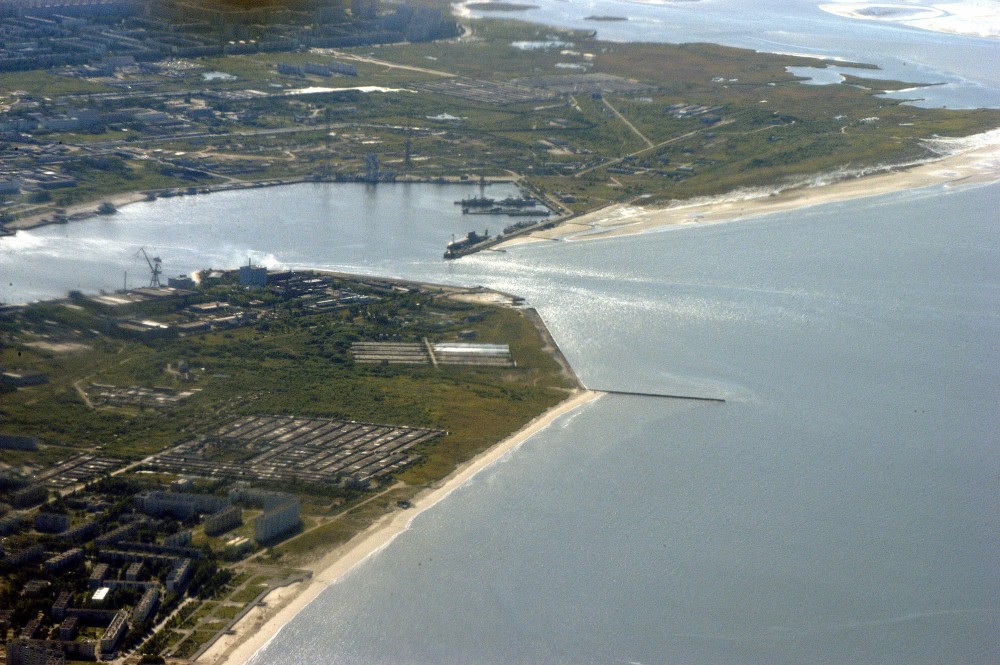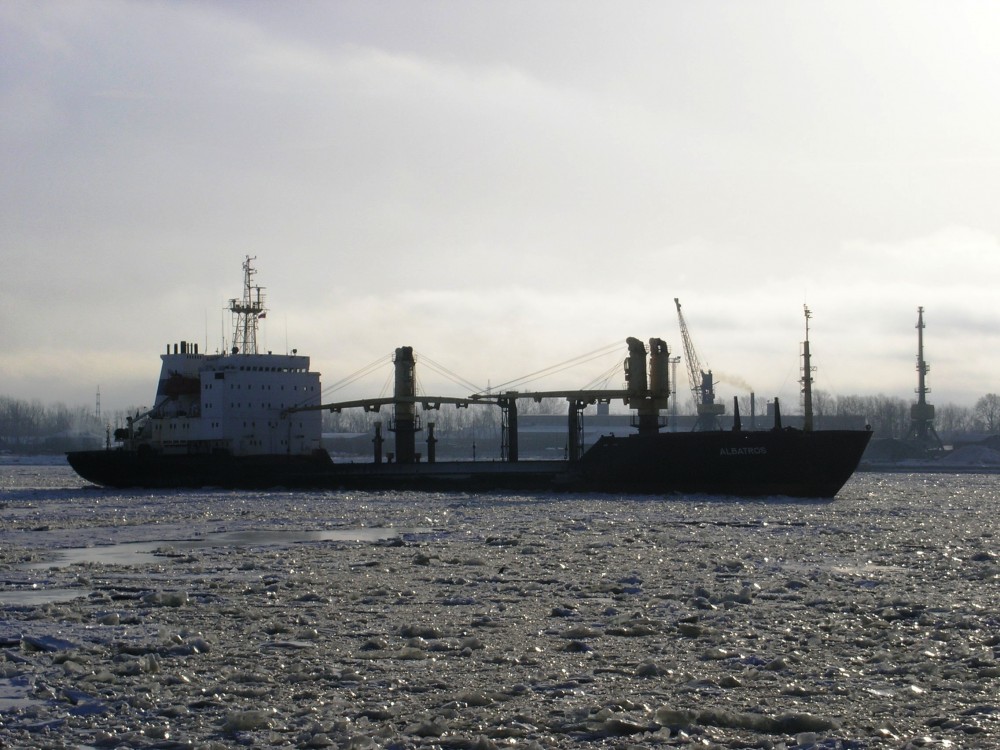Severodvinsk could get new giant shipyard for ice-classed vessel
The Russian despot Vladimir Putin discussed options for building a large new shipyard when he on December 11 met with Governor Aleksandr Tsybulsky in Arkhangelsk

It was Governor Tsybulsky who brought up the shipyard question on the table when he sat down with the ruler and discussed regional development.
Earlier in the day, Putin had been to Severodvinsk, leading the flag-raising ceremonies for two new nuclear-powered submarines.
“We need to build at least one more shipyard comparable to Zvezda, which could build large-capacity ships,” Aleksandr Tsybulsky said. A transcript of the meeting is published by the Kremlin.
Tsybulsky pointed to the fact that Russia over the last 20 years has decommissioned 580 vessels and only 224 new ones have been built.
Development of the Northern Sea Route is high on Putin’s agenda to ship 80 million tons along the Arctic seaway in 2024 and later to 150 million tons in 2030 and 220 million tons by 2035.
A challenge for Russia is the lack of shipyard capacity to build cargo vessels as most yards have their books filled up with orders for warships and submarines.
“There are very good conditions here,” Tsybulsky told Putin and added that regional authorities are working with ministries and potential investors, including the United Shipbuilding Corporation, the state-owned conglomerate running around 40 shipbuilding companies and organizations.
The site in Severodvinsk is the same as private fossil fuel company NOVATEK in 2013 considered for building its yard to support construction of production facilities in the Yamal peninsula and Ob Bay. NOVATEK instead chose Kola Bay north of Murmansk for the yard.
Putin and Tsybulsky discussed the potential for further development of the Northern Sea Route, including making ready for Panmax ships to dock in Arkhangelsk.
This year, for the first time in 10 years, we made a first voyage from Arkhangelsk to Shanghai along the Northern Sea Route, with 500 containers,” the governor said. The voyage took 22 days, which is 10 days shorter than the traditional Suez Channel route.
Located in Kirkenes, Norway, just a few kilometres from the borders to Russia and Finland, the Barents Observer is dedicated to cross-border journalism in Scandinavia, Russia and the wider Arctic.
As a non-profit stock company that is fully owned by its reporters, its editorial decisions are free of regional, national or private-sector influence. It has been a partner to ABJ and its predecessors since 2016.
